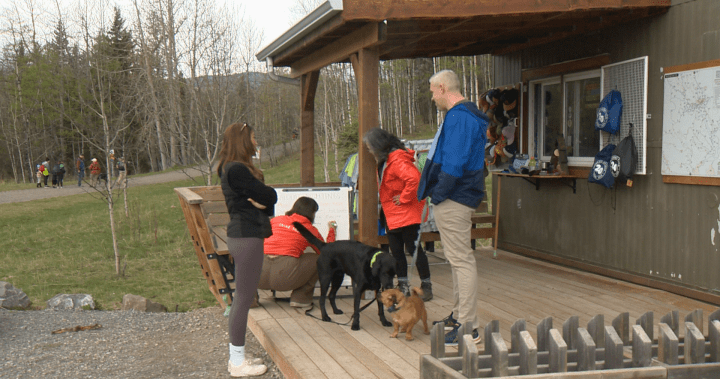As Albertans prepare for the upcoming long weekend, outdoor enthusiasts are being reminded that while our province’s wilderness offers breathtaking experiences, it also demands respect and caution when encountering wildlife. With record numbers of visitors expected in provincial parks and recreational areas, wildlife safety experts are urging proper preparation to ensure human-animal interactions remain safe for both parties.
“The transition into summer brings heightened wildlife activity across Alberta’s natural spaces,” explains Dr. Meredith Townsend, wildlife biologist with Alberta Environment and Parks. “Bears are especially active this time of year as they search for food after emerging from hibernation, while ungulates like moose and elk may be protective of their young.”
Recent statistics from Parks Canada show a concerning 28% increase in reported wildlife encounters over the past two years. This surge coincides with the post-pandemic outdoor recreation boom that has brought unprecedented numbers of visitors—many inexperienced—into wildlife habitats.
Kim Richardson, founder of the Alberta Wilderness Safety Coalition, emphasizes the importance of preparation. “The most dangerous encounters happen when people are unprepared or unaware. Carrying bear spray isn’t optional in bear country—it’s essential. And knowing how to use it properly is equally important,” Richardson told CO24 News.
Wildlife officials recommend several critical safety practices for anyone venturing into Alberta’s backcountry this long weekend:
Travel in groups whenever possible and make noise while hiking to avoid surprising animals. Wildlife experts suggest regular calls of “Hey bear!” in dense vegetation or areas with limited visibility.
Carry bear spray in an easily accessible location—not buried in your backpack—and understand proper usage techniques. Recent studies show bear spray is effective in 92% of aggressive bear encounters when deployed correctly.
Store food and scented items properly, using bear-proof containers or hanging food at designated campsites. Even seemingly innocuous items like toothpaste or lip balm can attract curious wildlife.
Maintain appropriate distances from all wildlife—experts recommend at least 100 meters from bears and 30 meters from other large mammals. Wildlife photography enthusiasts are particularly reminded that no photo is worth risking safety.
“We’re increasingly seeing social media influencers approaching wildlife for the perfect shot,” notes Alberta Conservation Officer Brett Madsen. “This is not only dangerous for the person but can habituate wildlife to human presence, creating long-term issues that often end badly for the animals.”
For families with children, experts recommend establishing clear protocols about what to do if wildlife is encountered. Children should understand never to approach, feed, or run from wild animals, and to immediately alert adults to any sightings.
The Alberta government’s wildlife awareness program has expanded its resources this year, offering free online training sessions and distributing educational materials at popular trailheads throughout the province.
Climate change has also altered traditional wildlife patterns, with bears awakening earlier from hibernation and animals appearing in areas where they were previously uncommon. These shifting dynamics make wildlife awareness even more critical for outdoor recreation.
“We’re seeing bears in lower elevations much earlier in the season, and some species expanding their ranges in response to changing environmental conditions,” explains Dr. Townsend. “This means Albertans need to be wildlife-aware in more locations and for longer portions of the year.”
As we venture into Alberta’s natural wonders this long weekend, the question remains: Are we prepared to be responsible guests in wild spaces that ultimately belong to the creatures who call them home year-round?

























